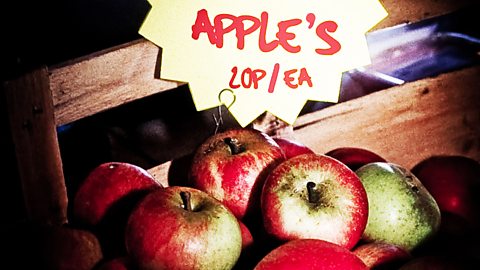The greengrocer’s apostrophe

Apostrophes: I’ve been collecting them from local markets and produce sections.
Of course, I kid.
A versatile and popular piece of punctuation, the apostrophe indicates omission or elision (“didn’t” is “did not”), possession, and sometimes—just sometimes—plural forms such as with abbreviations.
The apostrophe came into use later in the 16th century; in fact, Shakespeare (1564-1616)—no slouch when it came to the English language—used them rarely when indicating possession.
Since then, there has been widespread inconsistency and uncertainty in the apostrophe’s use, often apparent when vegetable or fruit purveyors are not sure whether what they are dealing with is a plural or a possessive case on their signage.
So what should be a plural “cantaloupes” becomes instead, and incorrectly, possessive: “Cantaloupe’s — $2.99.”
But it’s not just me because I really like greengrocers and fruiterers.
None other than the linguistic experts at Oxford University refer to this phenomenon as “the greengrocer’s apostrophe.”
But I would make the case that it should be “greengrocers’ apostrophe,” as a plural possessive, because I see so many.
[Banner photo/wikimedia commons]

